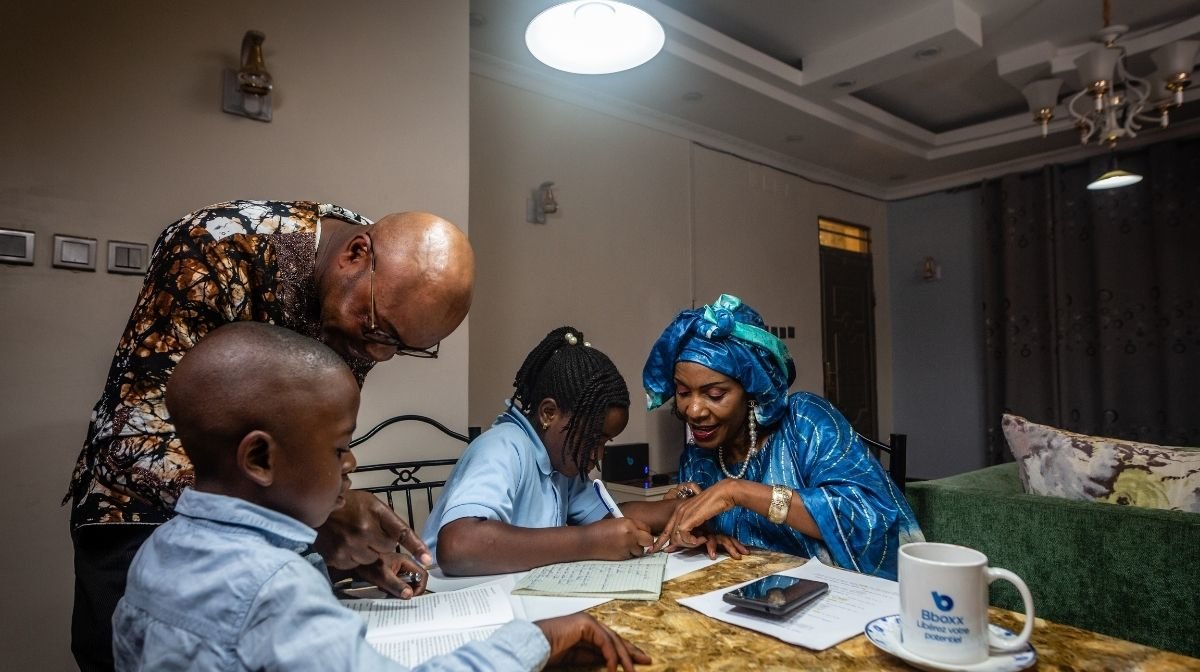London, Friday 5th November 2021 – As consumer demand for better clean energy options ramps up across the globe, it’s important to shine a light on the consumer in Africa in particular.
It can be argued that in the western world, consumers increasingly look towards governments to provide the solution to the most pressing challenges, including in the clean energy transition. However, in developing economies where governments are not as scaled up, for example in many instances across Africa, the consumer has even greater power to enact positive change for the environment.
This comes as consumers in Africa are also younger than any other continent. Nearly 60% of Africa’s population is under the age of 25 as its working age population is set to double. 19 out of the world’s 20 youngest countries are in Africa, and Africa’s youth population is booming at a time when the rest of the word’s is shrinking by comparison.
This highlights the extent to which growing numbers of young people in Africa will be impacted by the climate crisis in the future. We need green jobs fit for the future and an economy resilient enough to make these opportunities possible not just today but also in the years to come. The amount of money raised by entrepreneurs in Africa is encouraging, with clean tech consistently featuring in the top five sectors. But it’s only the start – we need to speed up this momentum.
Renewables cheaper
This comes as renewables continue to undercut fossil fuels on cost. In the world we’re living in now, there should no longer be a need to burn diesel or petrol. The low carbon solutions are already cheaper and as long as this is the case, it will be chosen – it’s a no-brainer.
Yet in the western world, many consumers do not use solar because incumbent infrastructure needs to be replaced, making the shift more expensive and difficult. When a lot of this infrastructure isn’t there, as is the case in many parts of Africa, that journey becomes a lot easier. Unconstrained by legacy, disruptive models combining renewable energy, mobile money payments and consumer finance are making this digital revolution all possible.
In fact, consumers in Africa continue to lead the way on sustainable living. Consumers across Africa are choosing solar energy. Consumers are choosing clean cooking solutions. Consumers in Africa are doing more for environment than any western household – and they’re doing it at scale.
Access to energy is only the tip of the iceberg as once consumers have access to energy they are brought into the digital economy, fostering financial inclusion, and enabling new business models that will transform even more lives for the better. This means that in many instances, people are leapfrogging directly to digital jobs, bypassing the need for traditional industrial-led development. With the right policies in place, there is a real opportunity for digitalisation to truly accelerate economic development.
Widespread pay-as-you-go models needed
Transportation remains a key area within lots of economies on the continent that is yet to be transformed and made more economical for consumers than polluting alternatives. This means that it’s still cheaper to buy a combustion motorbike using fuel than an electric bike – a major barrier to adoption. In some countries governments have stepped in to try and change this. For example, Rwanda is phasing out gas motorcycles and launched a project to put more electric motorcycles on Rwanda’s streets.
To make this universally accessible, pay-as-you-go models need to become available for these products to remove high upfront costs. Pay-as-you-go has proven to be an extremely inclusive business model. It can result in the rapid scaling of many key services as we have shown with our Solar Home Systems and now LPG clean cooking services too.
Consumers in Africa have shown that positive changes towards a cleaner and greener economy are making headway. We need to recognise these positive developments and ensure that the cleaner options across the board continue to be the most affordable ones.
***
Part 2 of a new blog series for COP26 by Mansoor Hamayun, CEO and Co-Founder of Bboxx. Read part 1 here.


